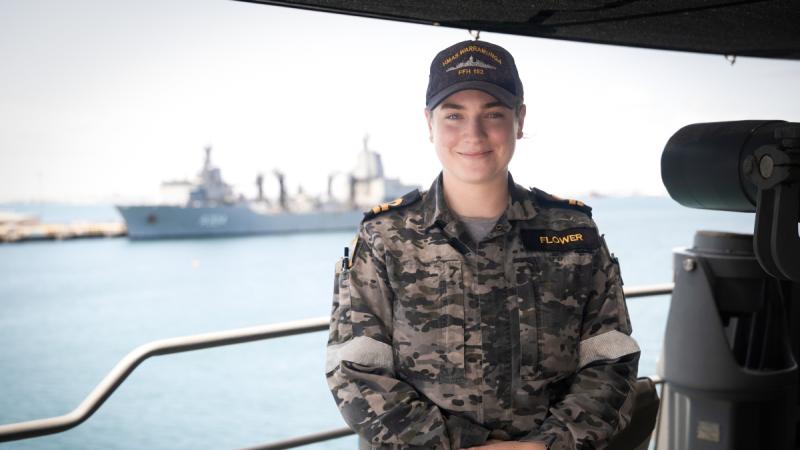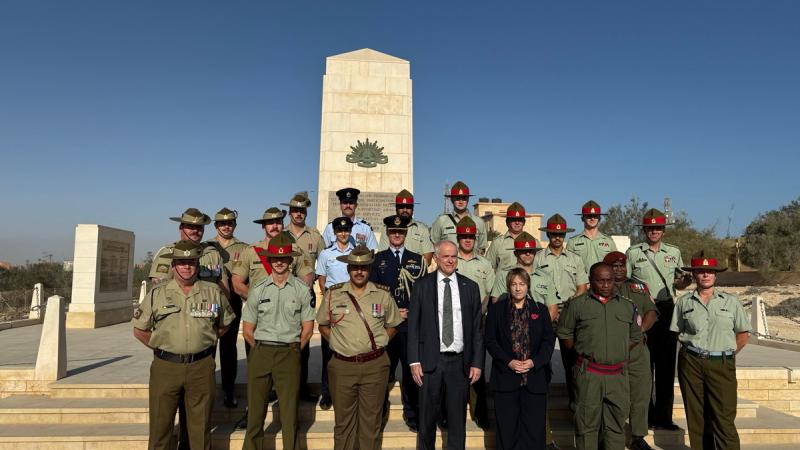30 June 2025
NATO member countries and partner nations have reinforced the vital integration required between civilian and military health networks to deliver the best health outcomes during times of crisis and conflict.
Surgeon General of the ADF, Rear Admiral Sonya Bennett, represented Australia at the biannual Committee of the Chiefs of Military Medical Services in NATO (COMEDS) meeting in Washington this month.
“The discussions and workshops in Washington DC focussed on how we can, as military health commands, build national health networks and work with our civilian counterparts to ensure we are working on developing integrated medical protocols, procedures, terminology, and standards,” Rear Admiral Bennett said.
“To deliver the best possible care to our people in crisis or conflict, we will need to coordinate and work with our civilian colleagues as a part of an integrated national health network.
“Being able to contribute our ideas, experiences and to learn from our allies is an important part of the ADF’s health capability. This supports us in developing greater self-reliance in preparation for future operations.”
As the most senior doctor in the ADF providing strategic health advice to Defence and Government, Rear Admiral Bennett said attending COMEDS provided an opportunity to share knowledge of military health practices, research and expertise between the NATO military medical group, while increasing our own understanding of opportunities for civilian and military health systems to work together.
“With the National Defence Strategy setting out guidance towards an integrated, focused force, it is vital that our ADF Health System has the knowledge and systems to work effectively with regional, national and global partners to provide world class health services to our people here and overseas,” she said.
“Australia plays a key strategic role in the Indo-Pacific region and is an important partner nation to NATO.
“COMEDS brings member countries and other partner nations together to share their expertise to support current and future challenges.”
'When knowledge and learnings are shared, civilian and military clinicians, systems and patients all benefit as we also share many challenges.'
An important element of joint military work is building trust between military and civilian health systems.
“We discussed collecting and analysing health data from current conflicts and feeding insights into doctrine development and future planning efforts,” Rear Admiral Bennett said.
“When knowledge and learnings are shared, civilian and military clinicians, systems and patients all benefit as we also share many challenges.
“For Australia, it is critical that our civilian and military health networks are able to function together to ensure health support during times of crisis. This has been a continuing ‘work in progress’ for some time and has been tested in recent years with the pandemic.”
The ADF health workforce includes approximately 4000 military personnel, half of them reservists who also work in public and private health services.
“I’m exceptionally proud of our highly skilled and multidisciplinary ADF health clinicians who are well respected in providing health and humanitarian services in past conflicts, peacekeeping activities and joint exercises,” Rear Admiral Bennett said.
Established in 1994, COMEDS brings member and partner nation representatives of world militaries together twice a year to share knowledge, research and outcomes with their NATO allies.
The group reports to the NATO Military Committee.


